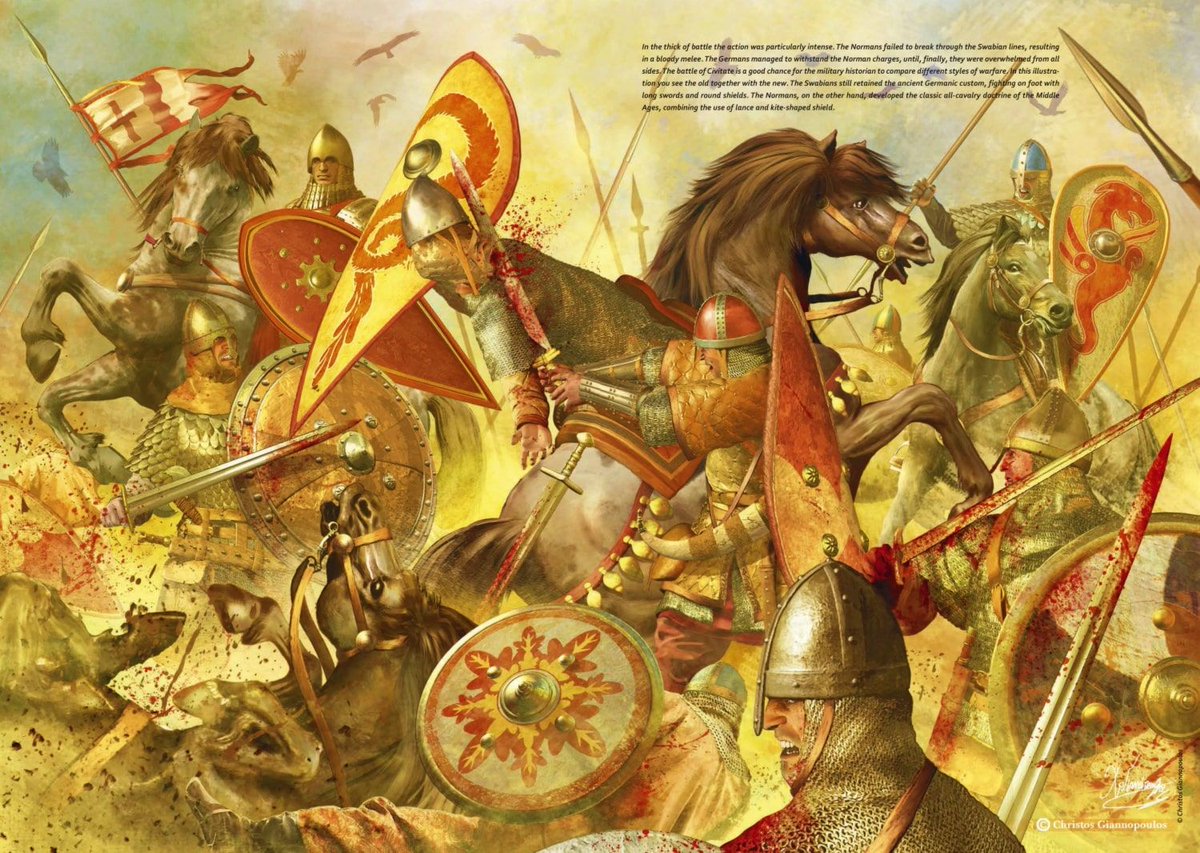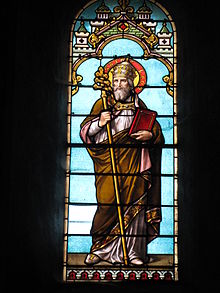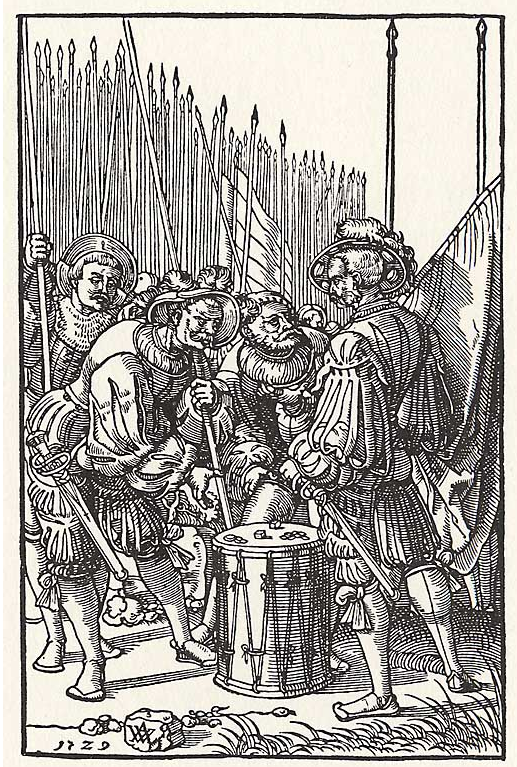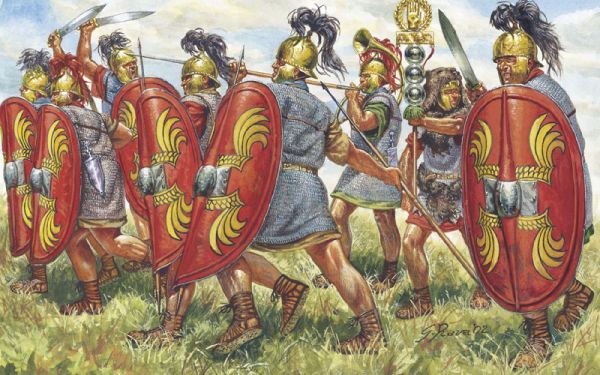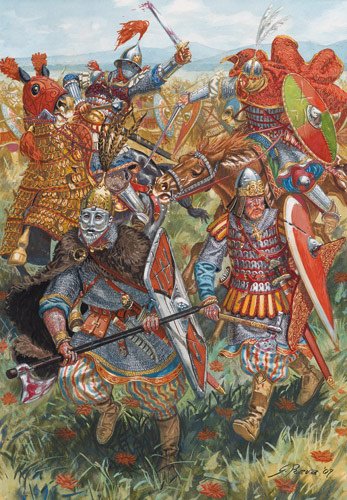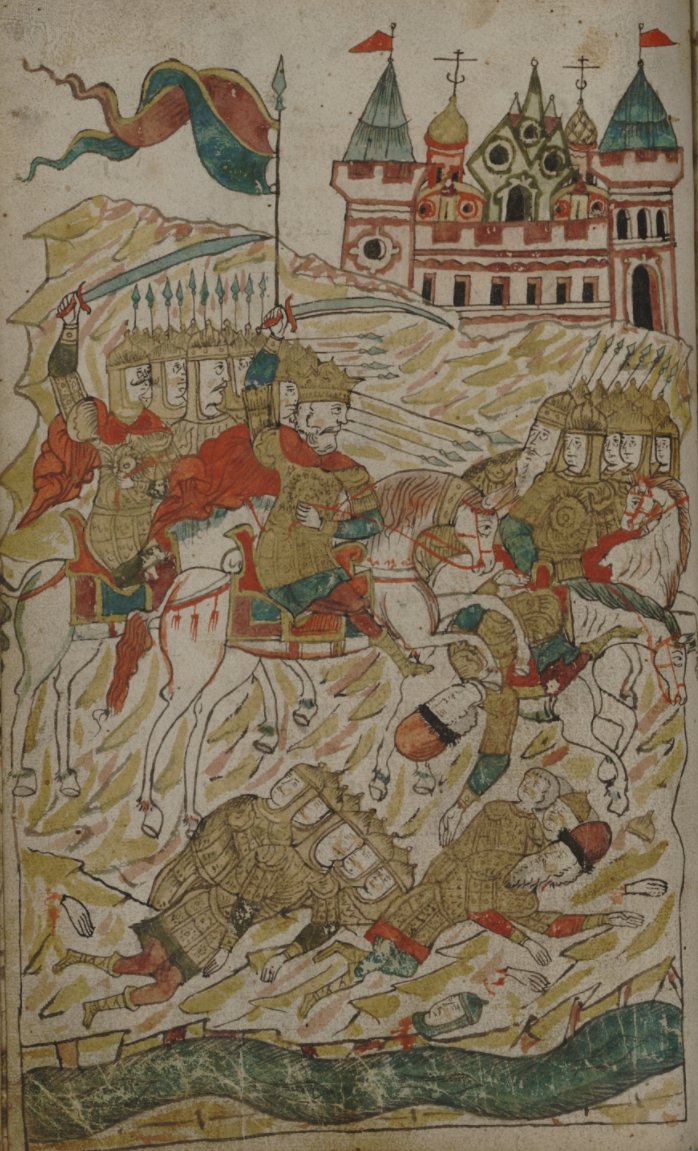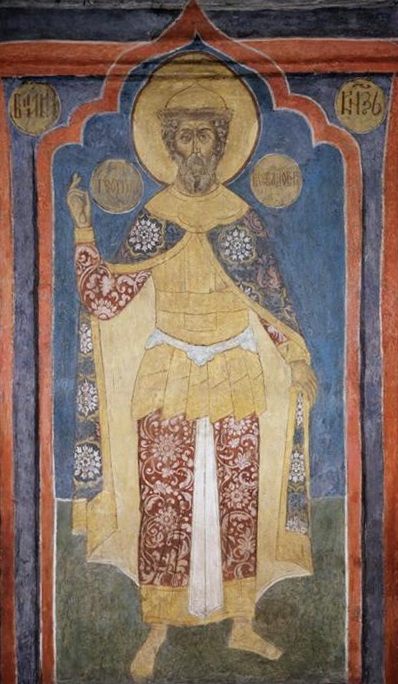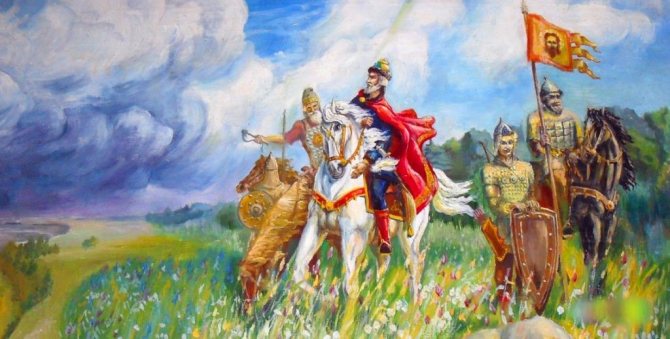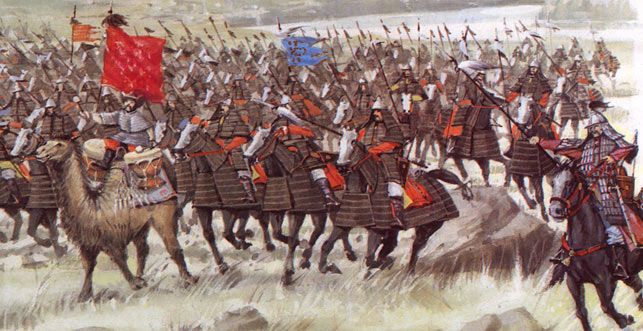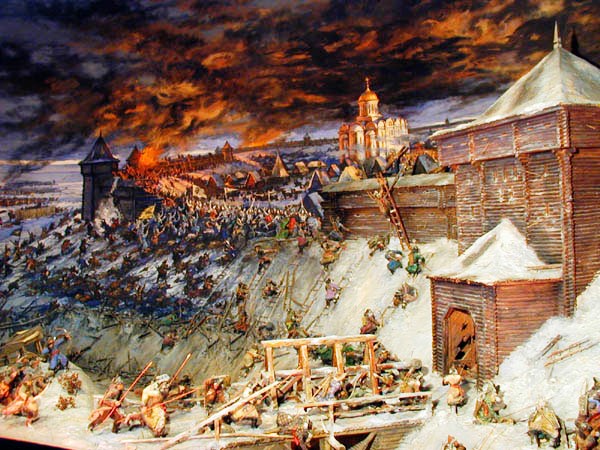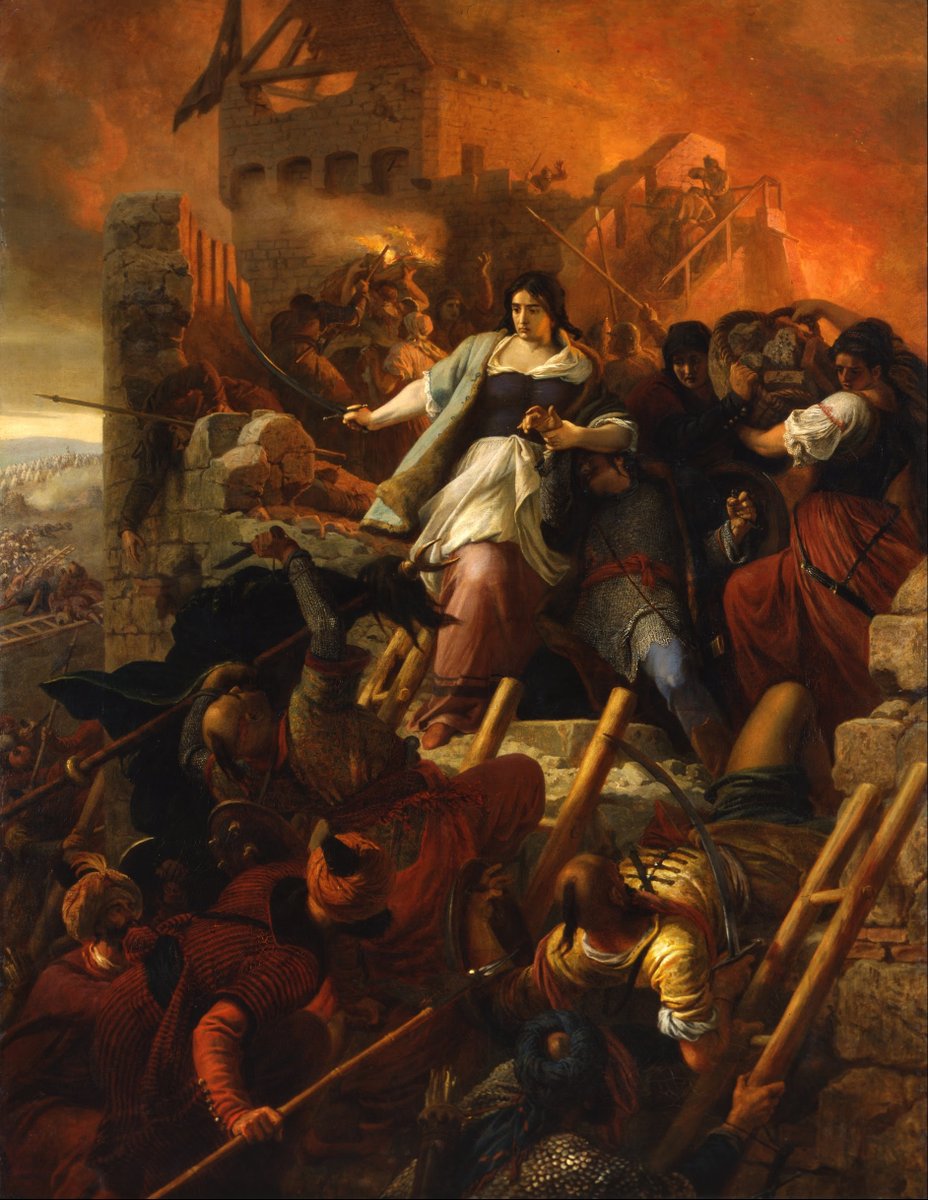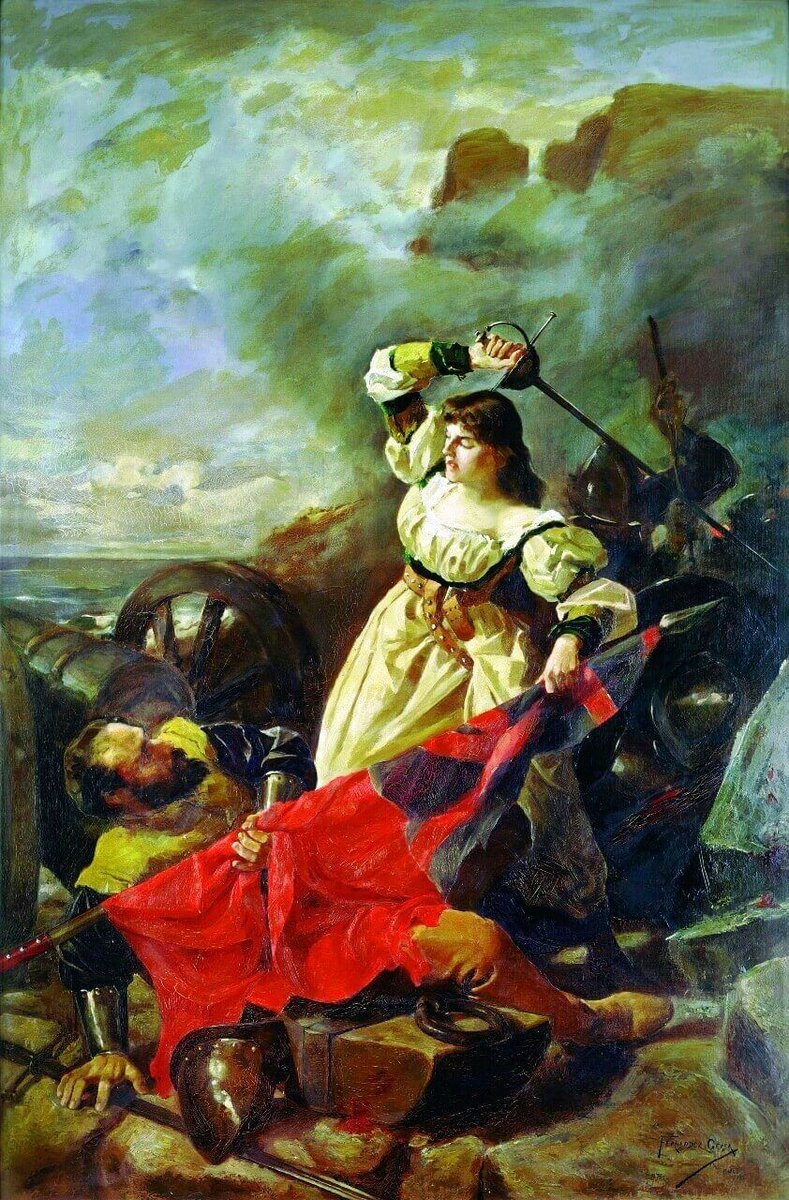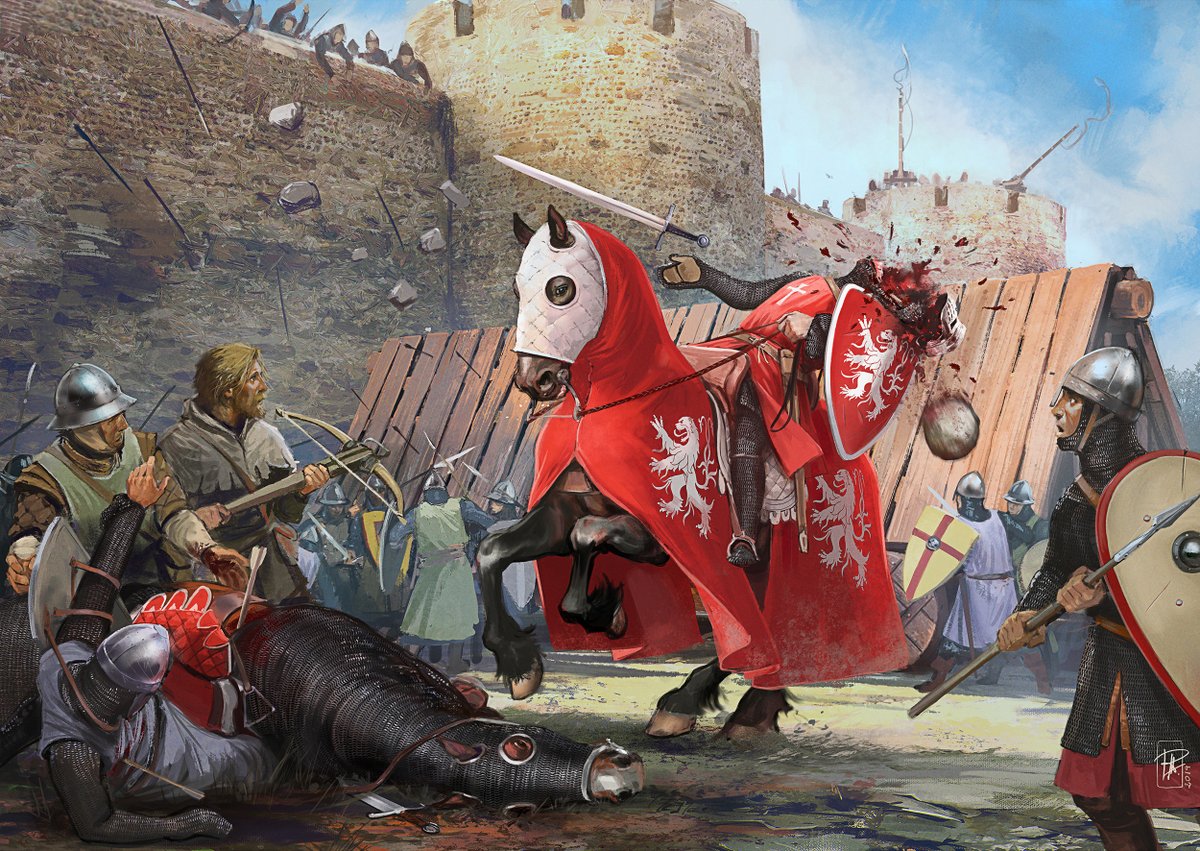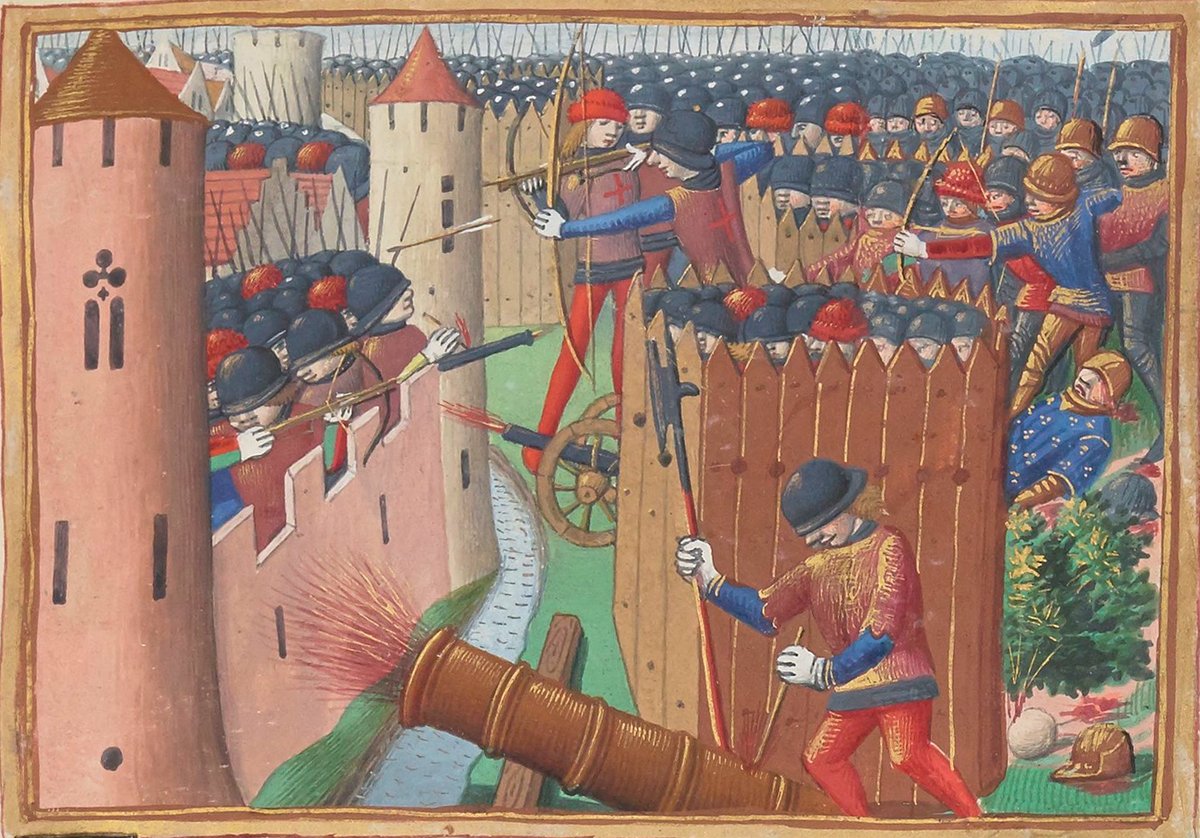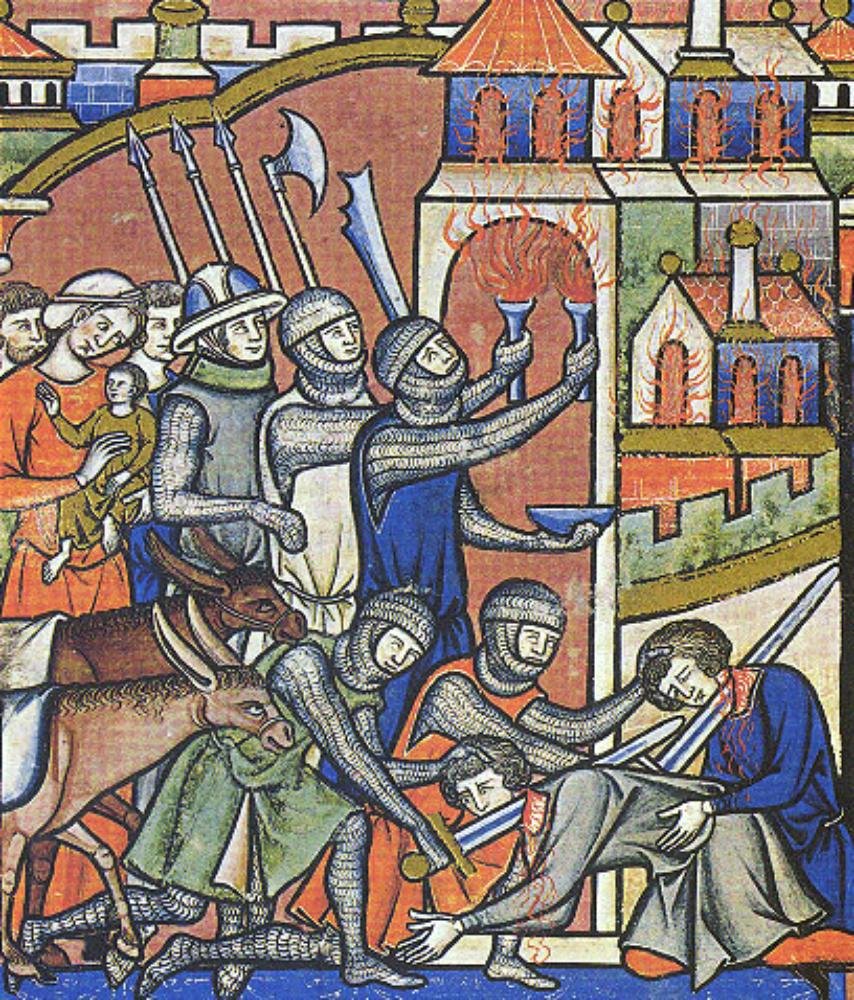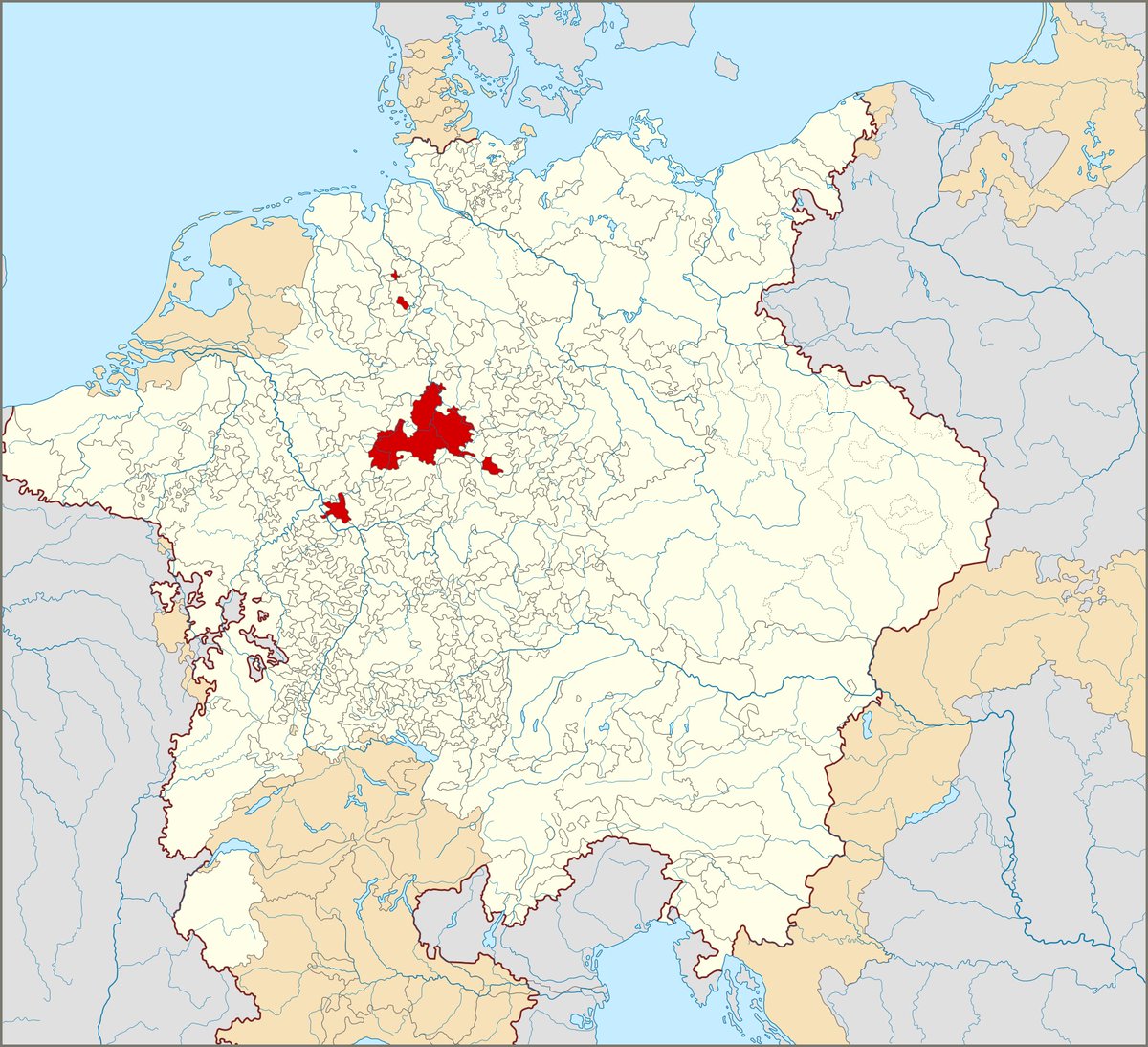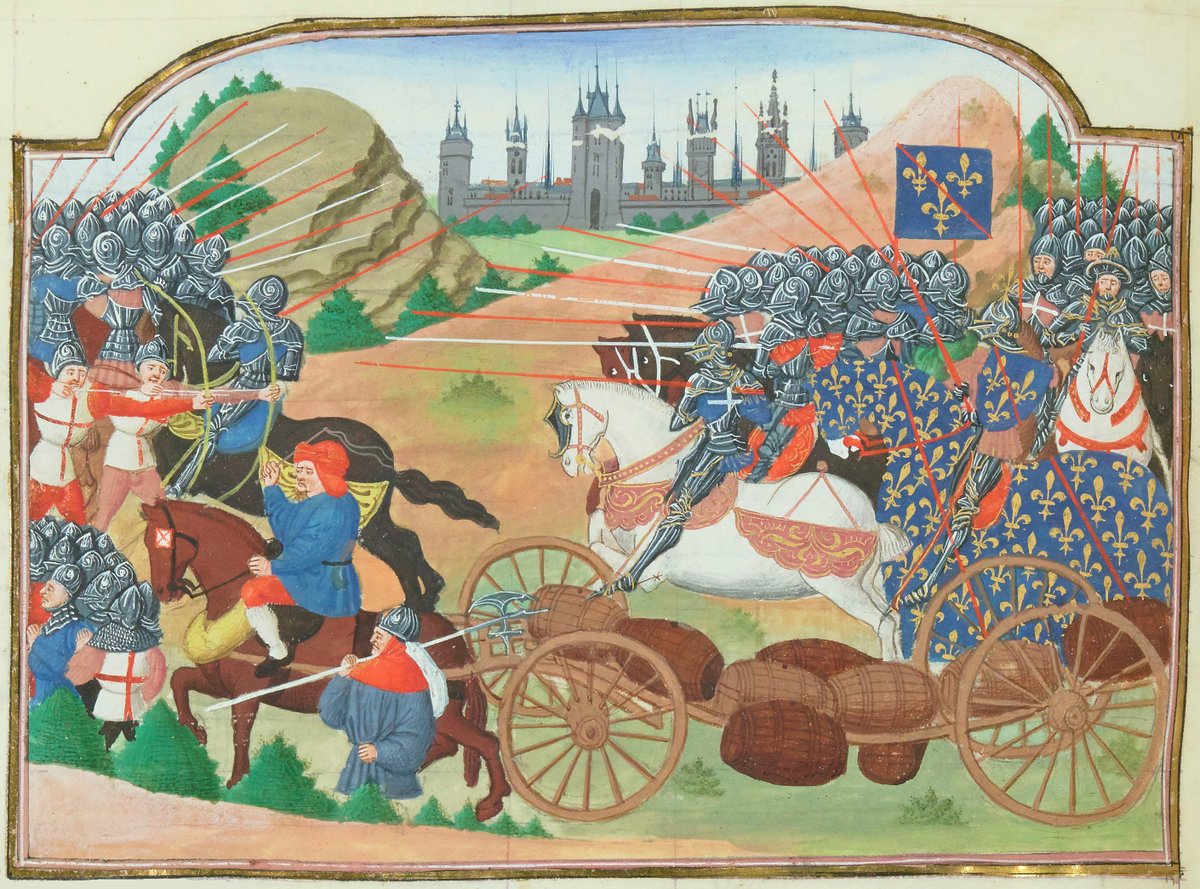
The conquest of Belgrade in 1717 was one of the biggest achievements of the Habsburgs in their long wars against Ottomans. But most of all it was a glorious victory of the legendary commander Eugene of Savoy who demonstrated his unyielding "conquer or die" mentality. (Thread) 





The Habsburg Empire had already achieved significant victories against the Ottomans in the Great Turkish War of 1683-1699. The war started with the famous Siege of Vienna which the Habsburgs defended then through a series of victories pushed the Ottomans out of Hungary. 
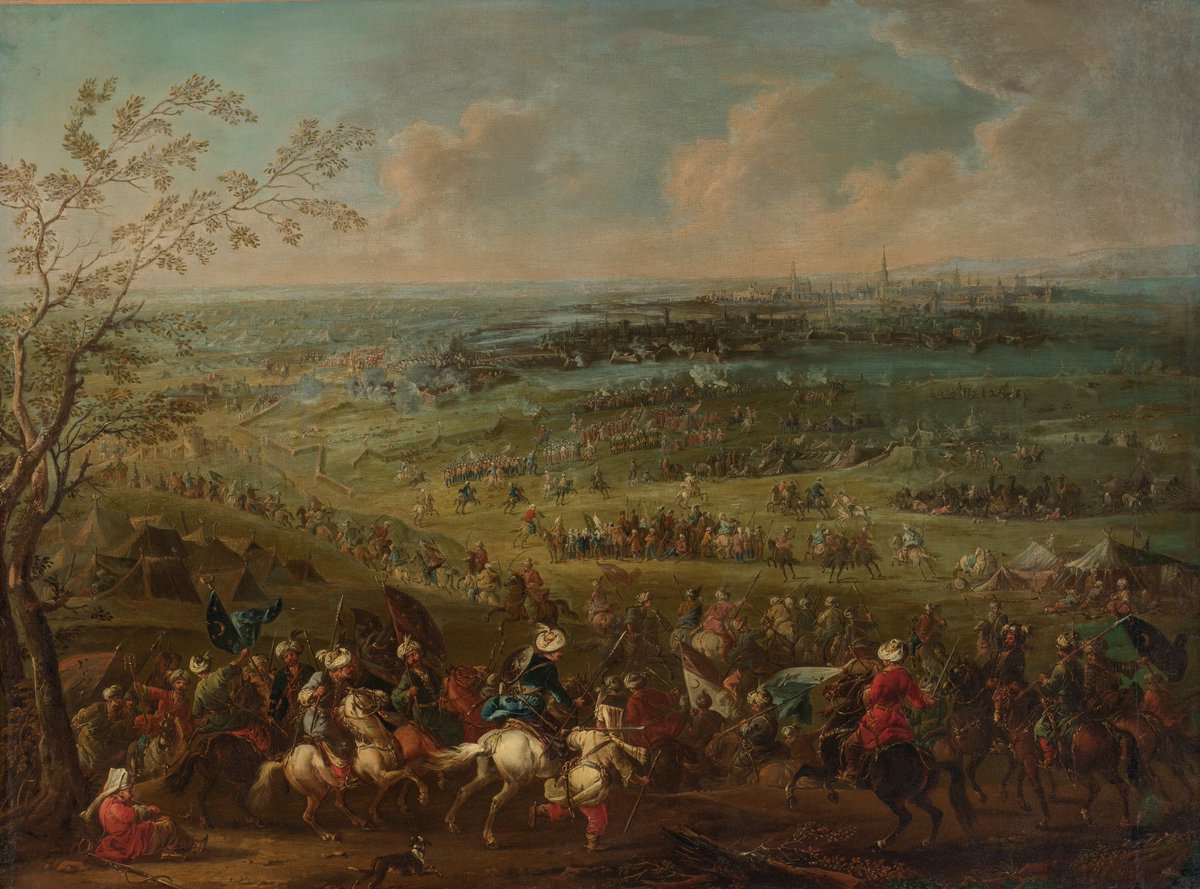
This war also marked the astonishing rise of Eugene of Savoy who arrived to fight at Vienna as a teenager. He started as a regular cavalryman in a dragoon regiment and by the end of the war he commanded the Habsburg Imperial army to win the crucial victory at Zenta in 1697. 

Prince Eugene of Savoy was a man of illustrious noble lineage and grew up on the French court of Louis XIV. He always had a dream of becoming a great commander and wanted to serve in the army but was rejected by the French King due to his poor physique. 


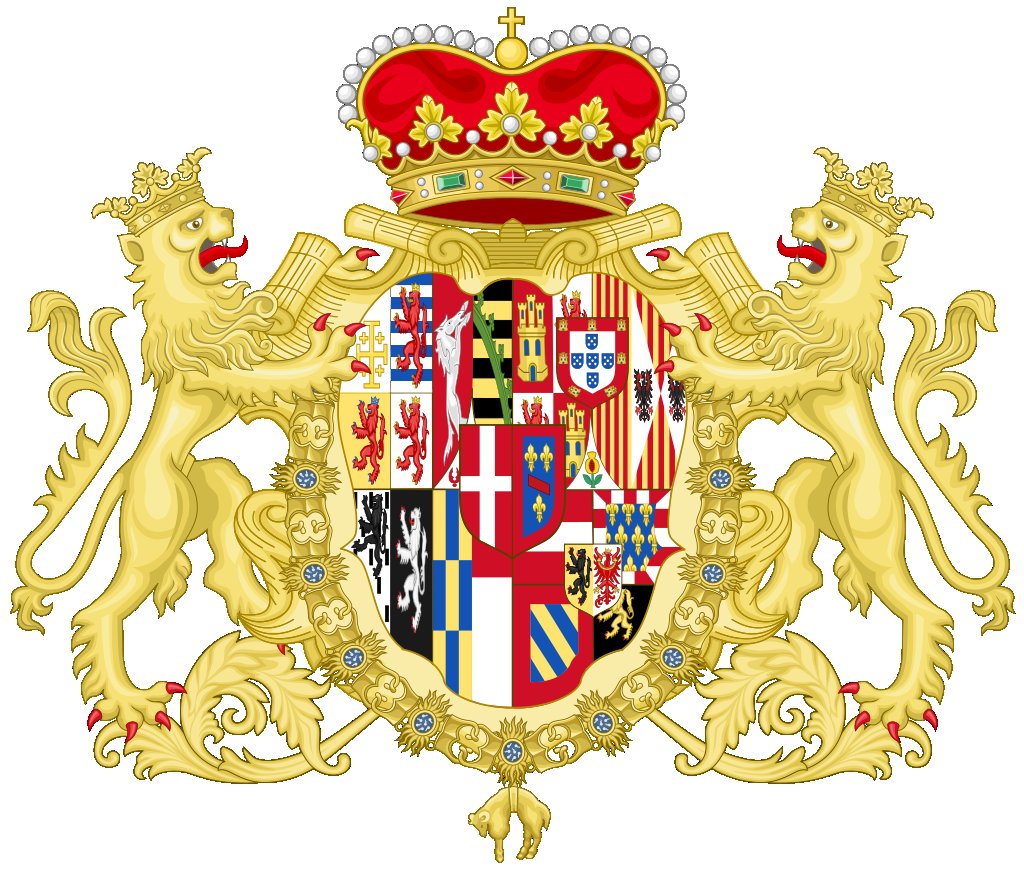
Because of this at 19 years of age Eugene left France to serve the bitter enemies of the French, the Austrian Habsburgs! Immediately he would be tested in the epic battle of Vienna where he arrived as part of relief force and won great praise for his courage in fighting Turks. 

It would soon be obvious that Eugene was born for war, proving both his bravery battle after battle as the victorious Habsburgs reclaimed Hungary and pushed the Ottomans back. Eugene commanded his own dragoon regiment and also displayed great sense for discipline and tactics. 
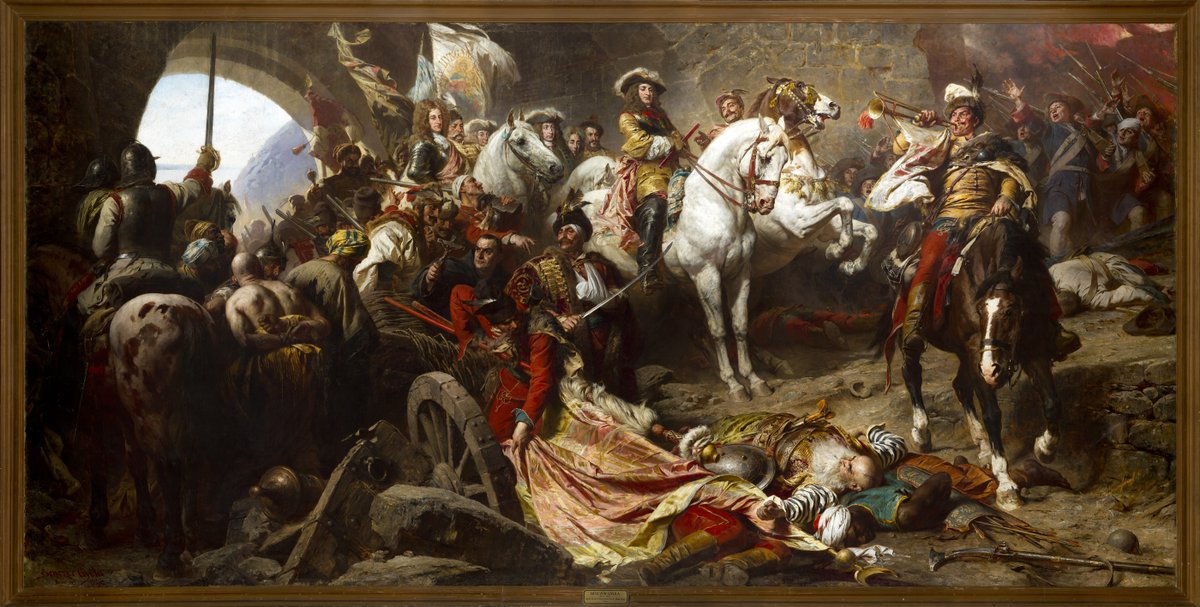
Then finally at 34 years of age he was given supreme command over Imperial forces and led them to victory at Zenta in 1697, one of the most spectacular victories in European history where his aggressive tactics completely broke the twice larger Ottoman army in short time. 
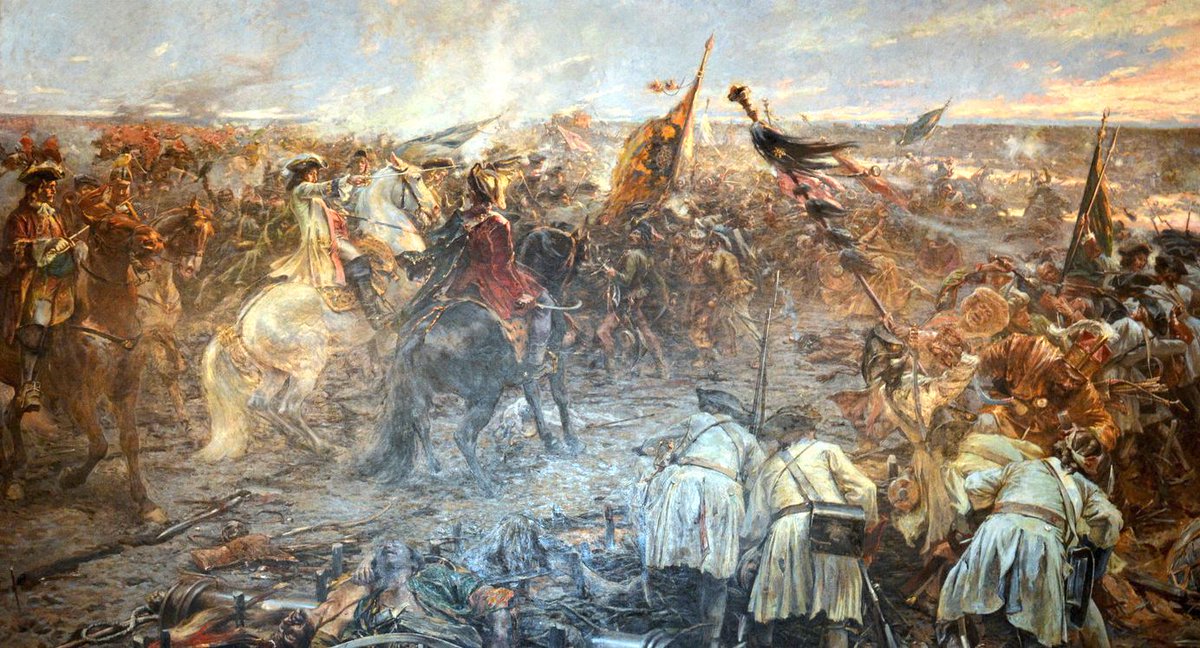
In 1699 the peace with Ottomans was concluded and soon afterwards the Habsburgs were drawn into War of Spanish Succession 1701-1714 where Eugene of Savoy also excelled, keeping the Habsburg rivals the French at bay and reestablished the Austrians as a powerful force in Europe. 

It was obvious that the peace with Ottomans would not last long. The Ottomans were still a powerful force and proved that after beating the Russians in 1711 and then attacking Venetian Morea in 1714. It was soon apparent that Habsburg territories were also endangered. 


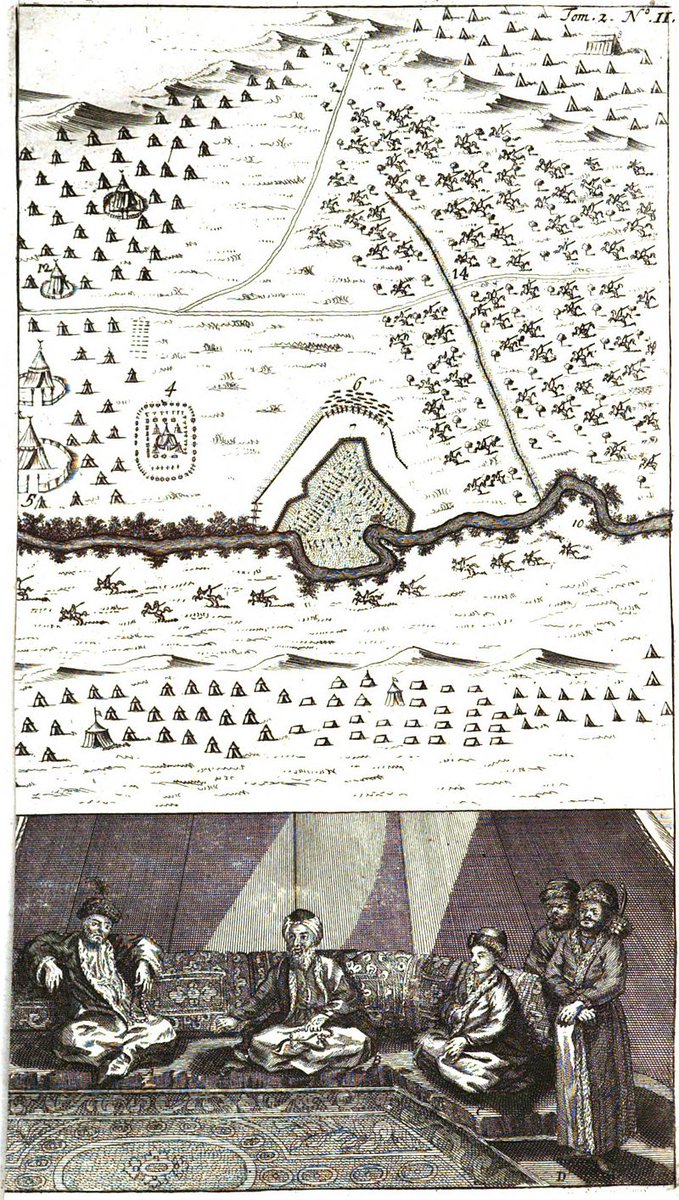


By the time Eugene of Savoy, who now had the reputation as the best general in Europe, had already transformed the Habsburg army and the Empire itself to suit his aggressive offensive mindset and wanted to deal with the Ottoman threat by striking at them first rather than wait. 



The Habsburg attack began in 1716 when Prince Eugene led a successful campaign into Ottoman-controlled territory with his signature rapid movement of the army, capturing the fortress of Petrovaradin where he routed a much larger Ottoman army again, and then conquered Timișoara. 
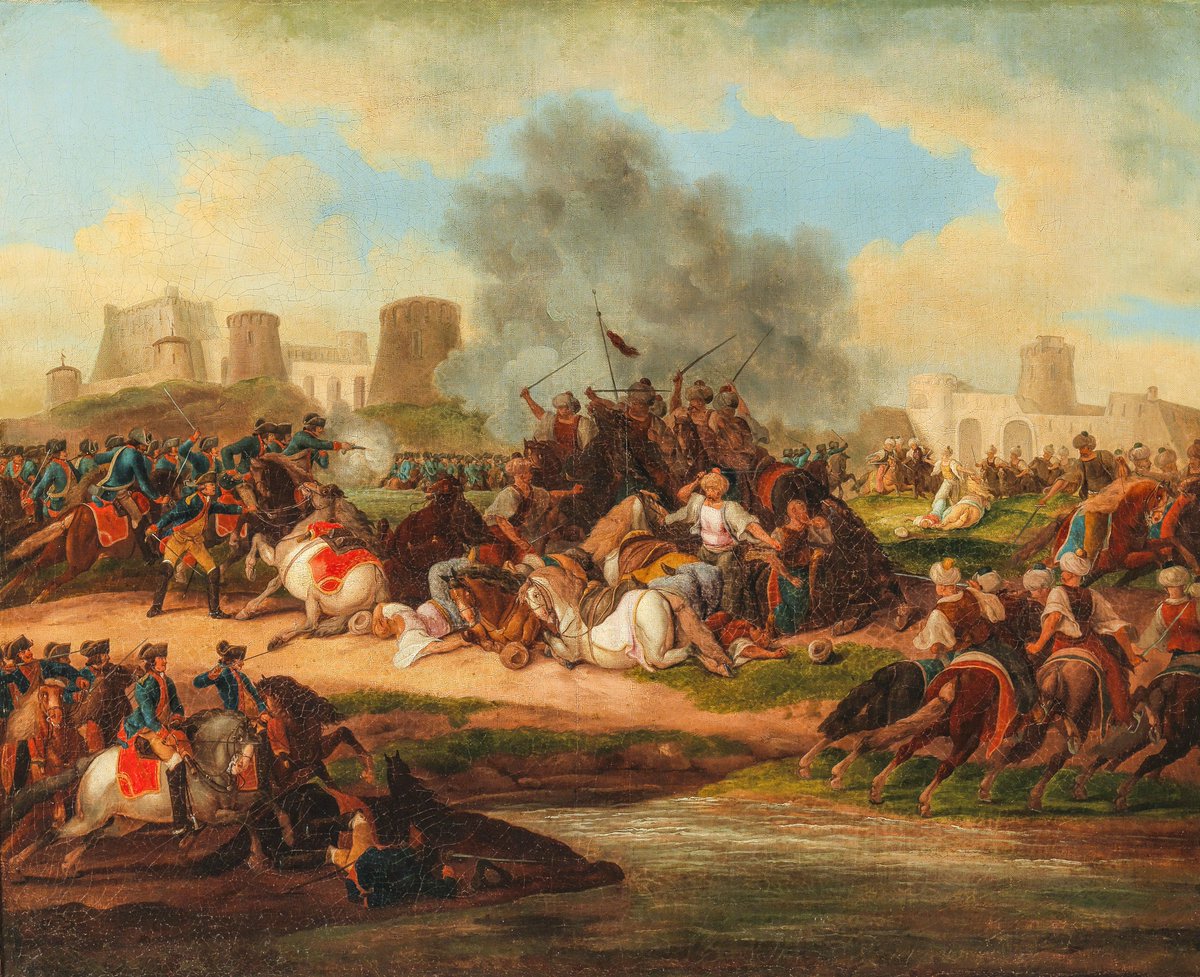
The Habsburg were now deep into Ottoman territory and prepared to take the key fortress of Belgrade in the next campaign in summer of 1717. Eugene of Savoy managed to bring together a large army of around 100,000 with many veterans of the War of Spanish Succession in its ranks. 

Belgrade was well defended with a garrison of around 30,000 men, many of them elite janissaries, commanded by Mustafa Pasha who proved himself to be a capable commander. Furthermore a large Ottoman army was assembling and was on its way to help the defenders. 

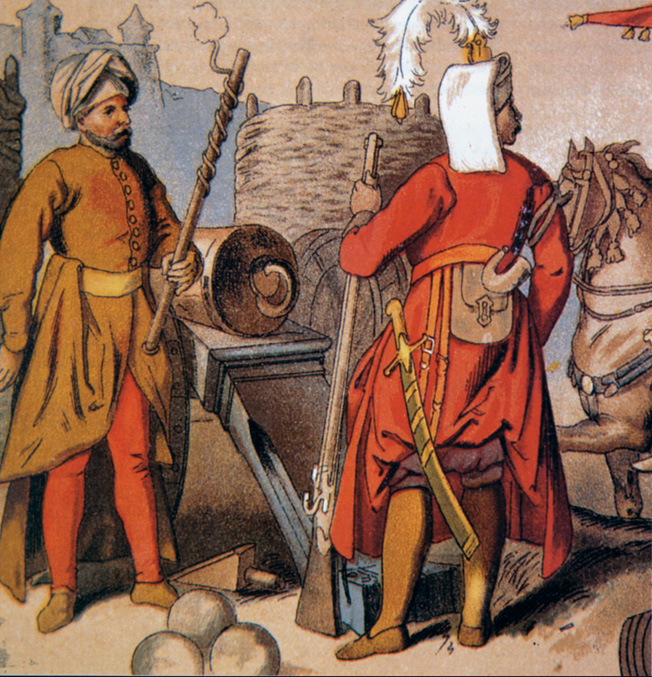
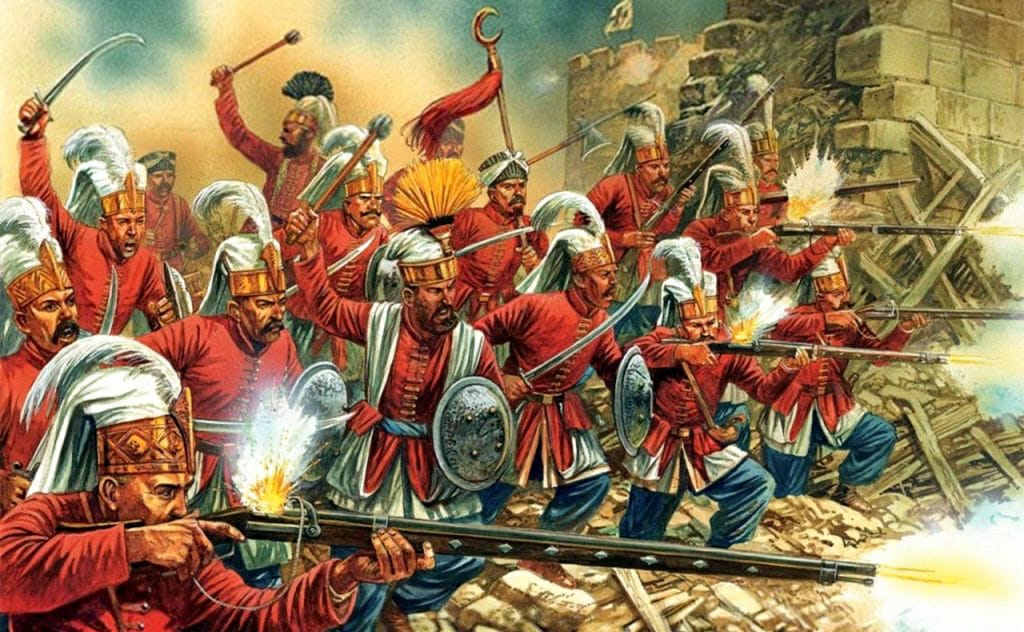
Eugene of Savoy moved quickly to besiege Belgrade. However the Imperial army encountered some problems including bad weather and carefully timed harassing attacks by Mustafa Pasha. It took longer than expected to set up the siege and start bombarding Belgrade. 

Because of this late start of attrition of the city, the Habsburg Imperial army was now in trouble as news of a large Ottoman army coming to relief Belgrade reached them before they could capture the city. A force of 180,000 Ottomans led by Grand Vizier Hacı Halil Pasha arrived! 

The Imperial army was now in a desperate situation, outnumbered and fired upon by cannons from two sides. Furthermore the hot summer weather caused diseases. Malaria and dysentery pestered and depleted the Habsburg army which was now outnumbered by more than 2:1. 

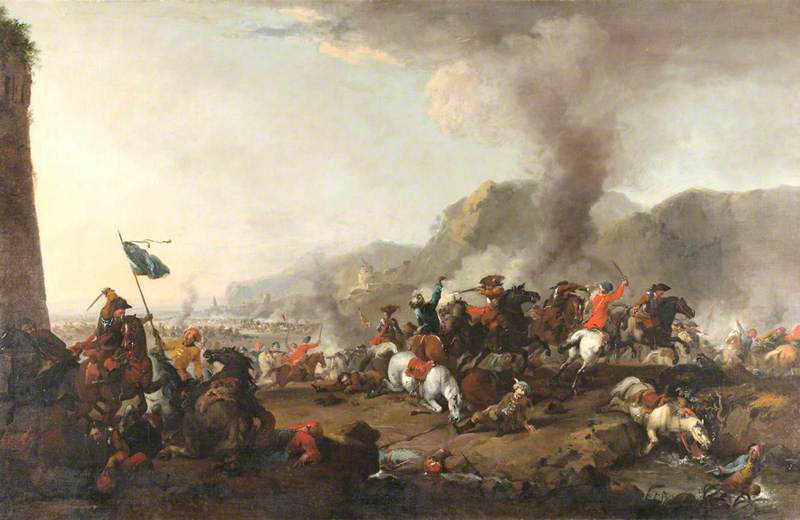

However Eugene of Savoy would prefer to die rather than to retreat. To understand this mentality one needs to look at his career and go way back to his younger years. He was already written off and had to prove himself by showing immense courage battle after battle as a warrior. 

When he became a commander he carried this aggressive and daring approach to warfare as part of his tactics. There was no retreat for Eugene of Savoy. It was conquer or die. He summoned a council of war and famously said, "Either I will take Belgrade or the Turks will take me." 


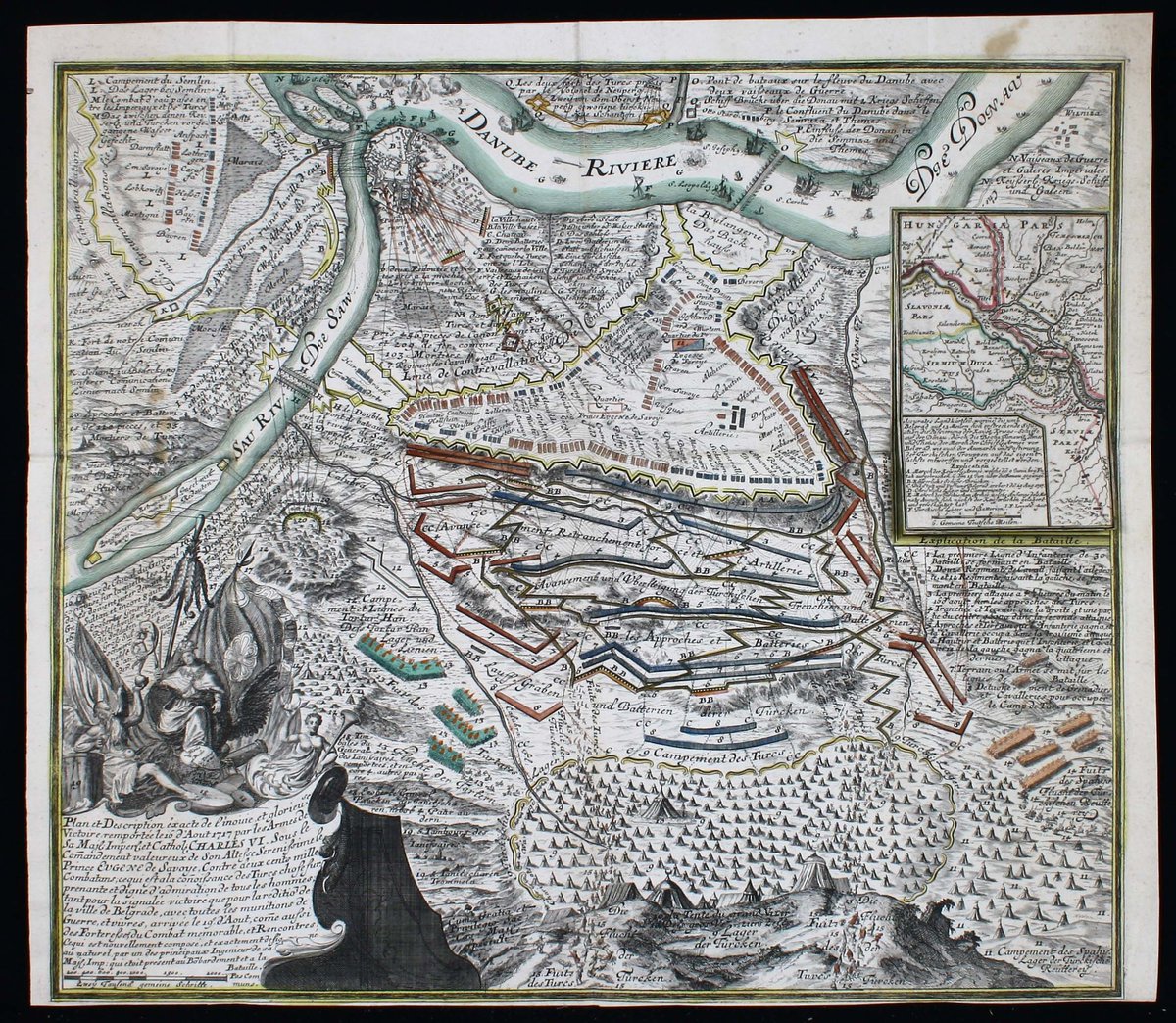
News already reached Europe that the Imperial army had been surrounded in a hopeless position and people already mourned the inevitable demise of the great commander and hero of Christendom Prince Eugene of Savoy. 
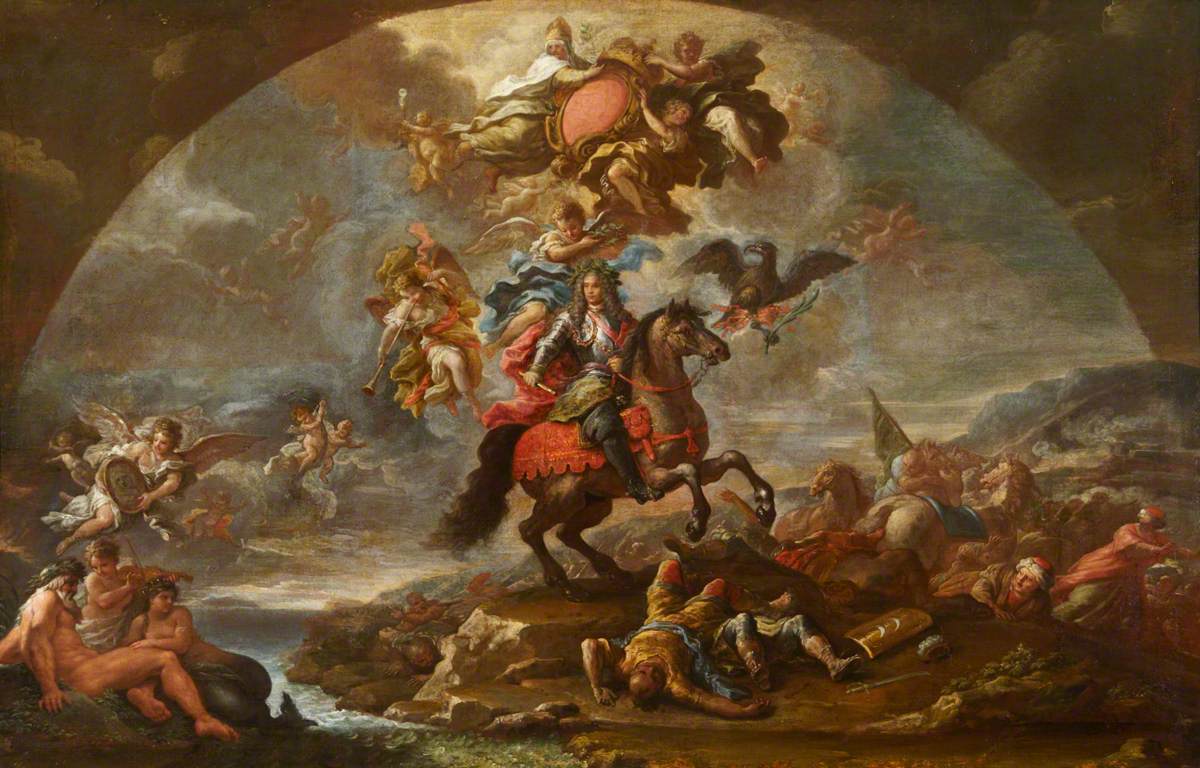
And in this desperate situation Prince Eugene would once again show why he was one of the best commanders in history. He planned a surprise attack on the huge Ottoman relief army down to last detail, putting everything on the line with an all out assault on the bigger enemy army. 

On the night between 15 and 16 August Imperial army of around 60,000 men began the assault. Eugene ordered infantry to march behind cavalry which was put on both flanks. Suddenly, heavy fog appeared which helped the Imperials take the Ottomans by total surprise. 
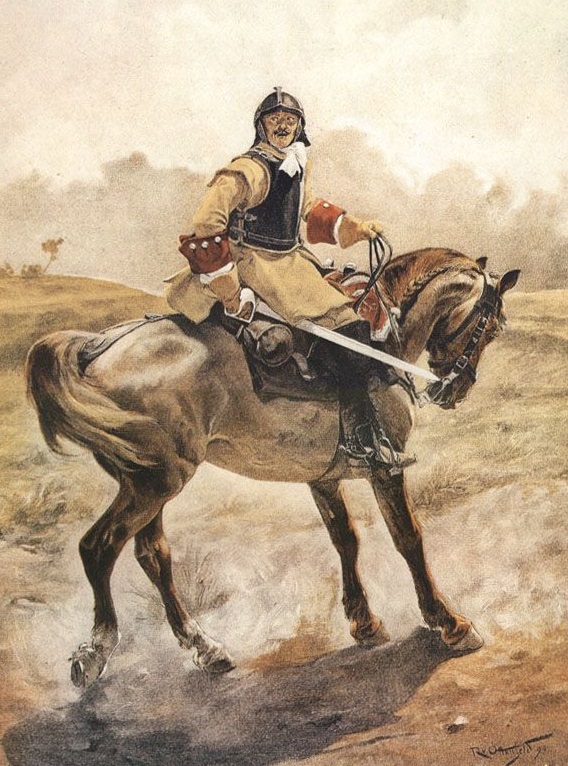
Imperial cavalry rode out of the fog in a terrifying and shocking sight for the Ottomans. The Imperial assault worked as planned and soon total chaos ensued in dense fog. Eugene of Savoy knew that this chaos and shock was the only way could beat the 3-times larger Ottoman army. 

As the battle raged on to the early morning hours and the fog was blown away, Eugene saw that his army left an opening in the center through which Ottomans were now pouring in. He personally rallied Imperial cavalry and led the charge to push the enemies back. 
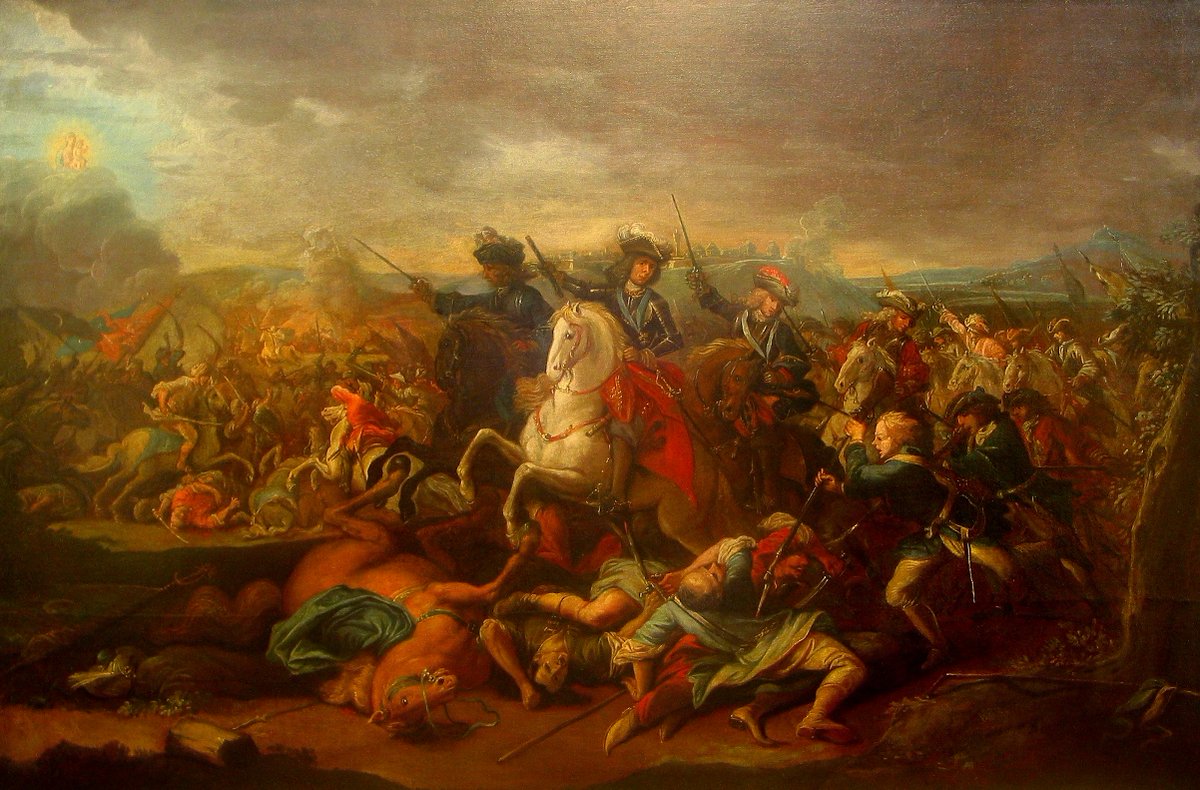
After 10 hours of brutal fighting, the Imperial army managed to finally put the remains of Ottoman army, which was in total disarray at that point, to rout. Eugene's aggressive plan of assault through the dense fog worked perfectly and completely broke the larger Ottoman army! 
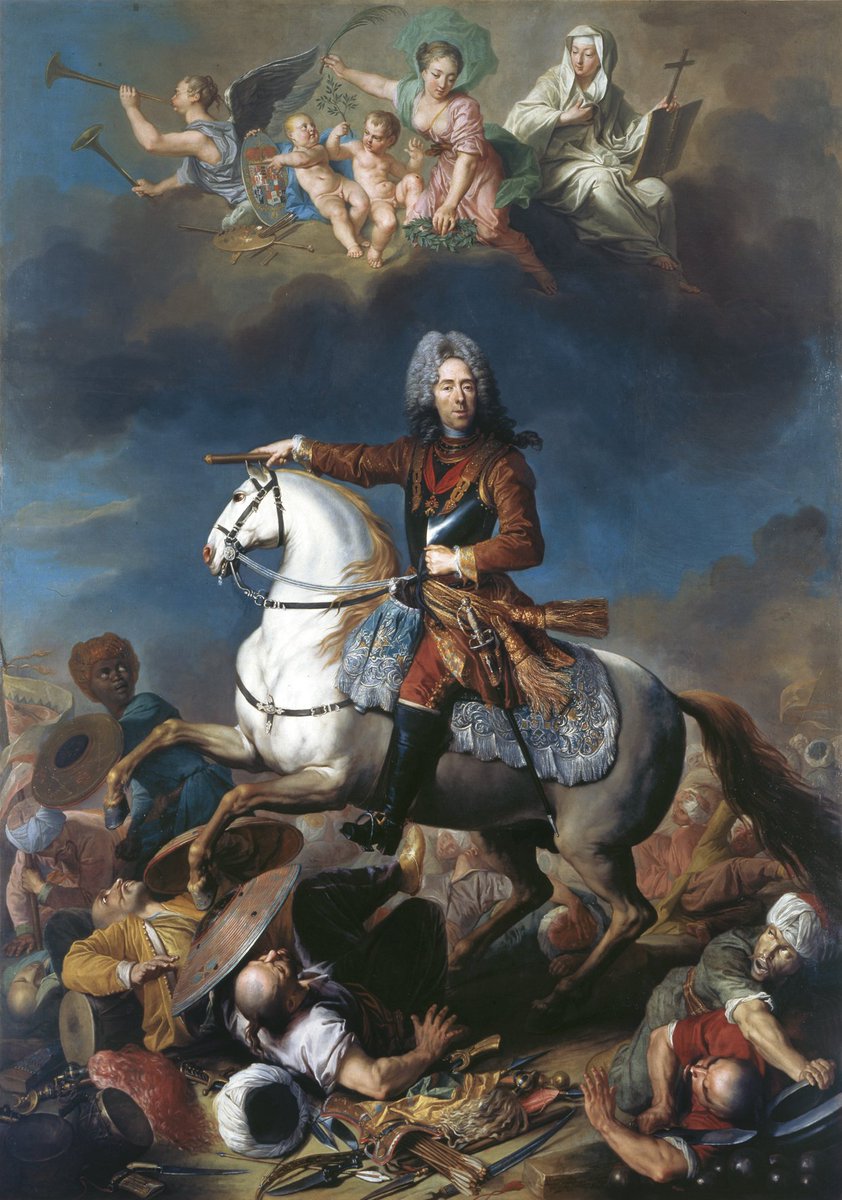
Eugene was wounded in this battle for 14th time in his life! The garrison at Belgrade surrendered a week later. With this victory, the Habsburgs were able to secure the Peace of Passarowitz in 1718 which secured them an even larger part of Ottoman territories deep into Balkans. 
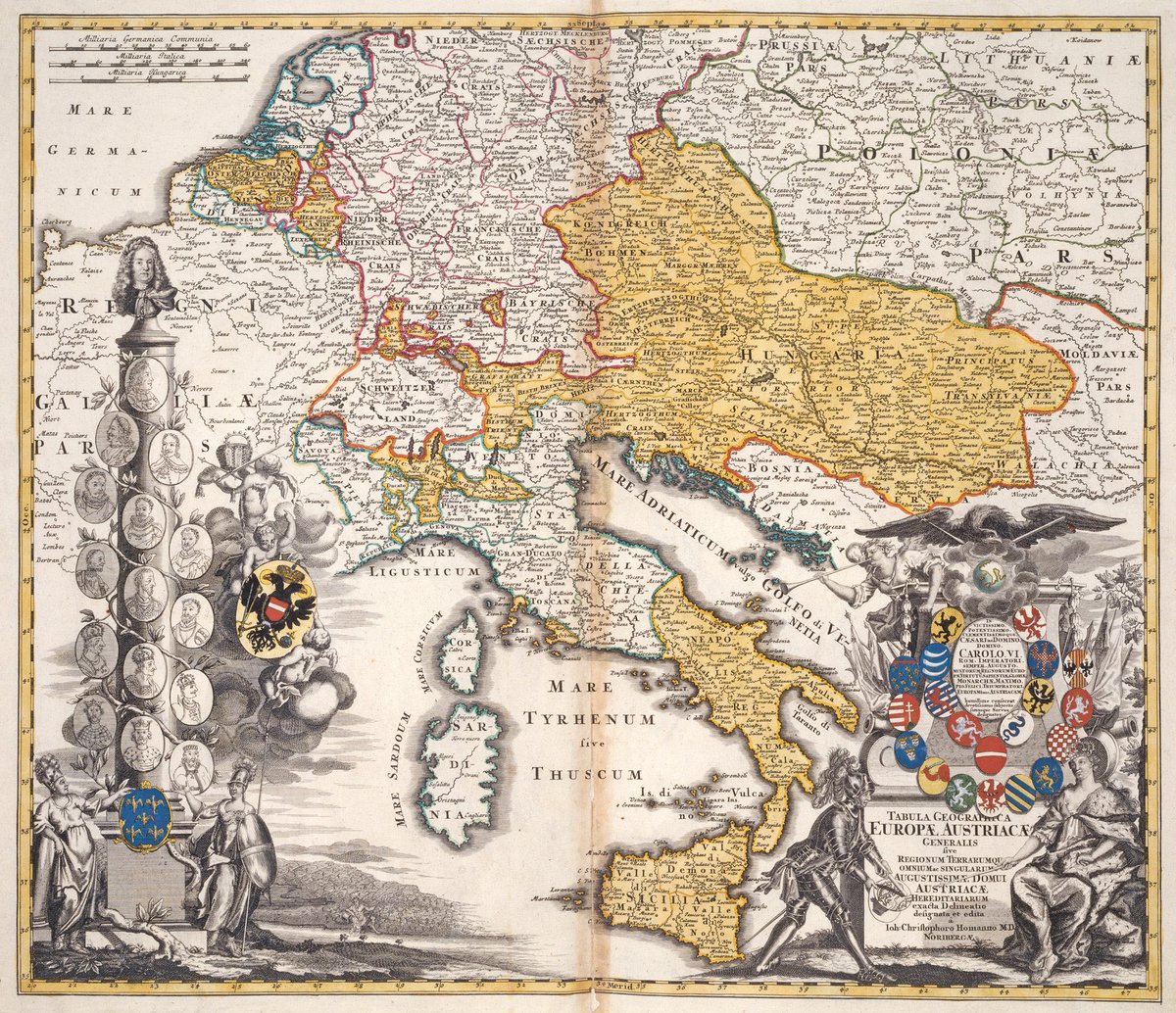
This victory if honored in the famous folksong "Prinz Eugen, der edle Ritter"! The author is unknown but the oldest known record of this song is from 1719, only two years after siege.
After Eugene of Savoy died the Ottomans were able to reverse some of their losses including capturing back Belgrade in 1739. But this is just another testament to how great Eugene of Savoy was, the Habsburgs were much weaker without him. 
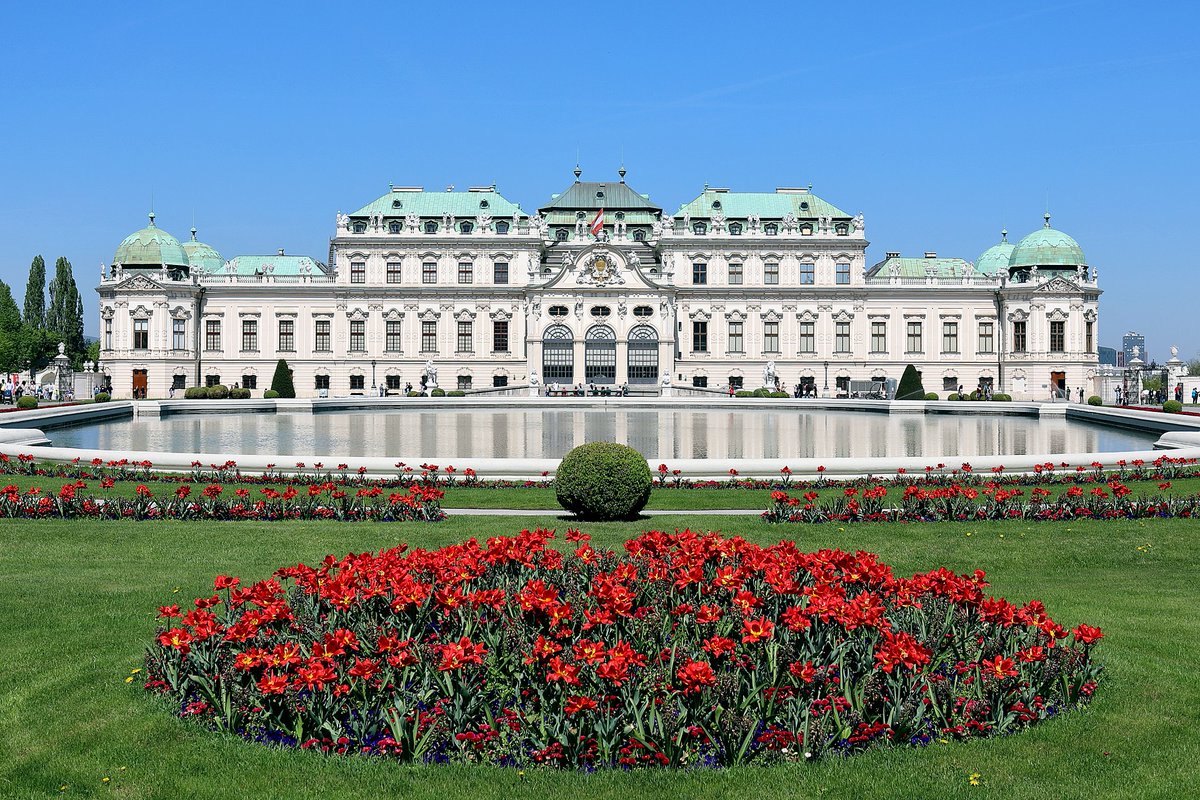
• • •
Missing some Tweet in this thread? You can try to
force a refresh


